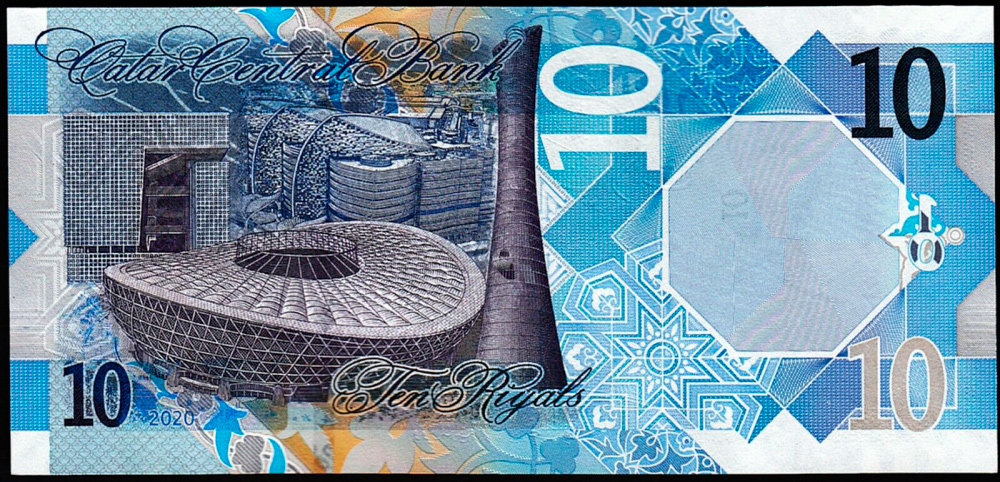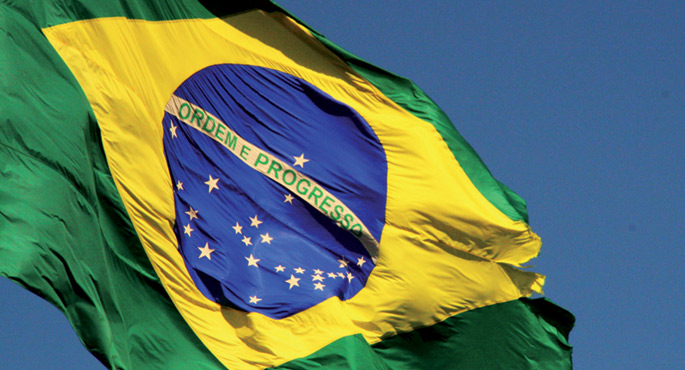The World Cup has a winner
- The roars of stadiums, bars and news outlets have begun to cover everything but football, as well as dark and corrupt businesses related to international football. The words of the 2015 U.S. Attorney General have already been submerged in the swamp of oblivion: “Corruption is evident, systematic and deeply rooted in the domes of football.” 3,400,000 people will attend the Russian men’s world football tournament, according to FIFA data. And we know that modern football has more business than sport.

In 2010, half of the population in South Africa was living in poverty and $3.9 billion was used to prepare for the World Cup. FIFA’s revenue was $3.38 billion. In 2014, Brazil spent $15 billion on infrastructure, 90% of the costs being borne by Lula’s government. And among the cries of FIFA Go Home, FIFA won 2.6 billion. This year’s trend is also on the rise. FIFA’s revenue forecast is $6 billion. The Russian Government will pay 70 per cent of the public funds’ expenditures – US$ 12 billion. In this dance of stratospheric figures it is not enough to remember this fact: FIFA is a Swiss “non-profit” association. An altruistic group that manages a multi-billion dollar business, has a general benefit, receives substantial public support (in taxes, for example) and has members of ‘selectos’ groups in command. It is a description that could be signed by the Spanish royal house, but there is a difference: In FIFA there are dozens of ‘Urdangarina’.
FIFAgate - FIFAgate
In 2015, the U.S. Justice Department indicted 41 FIFA employees, senior officials and leaders of several American governments, including the Presidents of Costa Rica, El Salvador, Guatemala, Honduras, Nicaragua and Panama, for unfairly enriching themselves at the expense of football. Joseph Blatter, who had been at the helm of FIFA for 17 years, had to resign in 2015. In response to the flood of corruption cases, FIFA addressed the handbook of the Spanish people: “They are the mistakes of people, not of the organization.” Thus, in 2016, Gianni Infantino, close to Blatter, became the director. But he is also not exempt from accusations of corruption. In 2017, the newspaper Le Monde published that Infantino had been involved in the fraud of some football matches in Turkey.
Performance over rights
Last week the FIFA Council decided not to punish countries that do not comply with human rights with 156 votes in favor and 35 against. Maybe that’s why FIFA has had no problem making the next edition in the Wahhabi dictatorship of Qatar. Training has begun and, according to Amnesty International, 2,000 workers, most of them Nepalese, working in conditions close to slavery have died in the construction of Copa’s infrastructure. Qatar is a visible case of business taking precedence over sport. The World Cups are usually held during the summer break of most international tournaments and leagues. But if there is no change, the 2022 will be played in November and December, as temperatures reach 40 and 50 degrees in the summer. They'll have to condition the big league calendars.
Yes, the winner was agreed before the ball started rolling. More than anyone, FIFA’s friends will celebrate the goals of Azpilikueta, Odriozola and others.
The 2030 World Cup will be played in six countries. Most matches will be played in Spain, Portugal and Morocco, but the opening matches will take place in Uruguay, Paraguay and Argentina. More teams than ever before, more matches than ever and the longest World Championship... [+]
Mistrust toward the joy of the other is not something of today; more or less we have all felt the feeling that sometimes the joy that is not of oneself has somehow emphasized self-pain. So far not quite bad, because everyone lives their contradictions. However, the problem... [+]
Futbolaren erritmora biziko da Qatar ondoko asteetan. Lehen aldia da arabiar erresuma batek Mundial bat antolatzen duela, eta egia da polemika handia sortu zuela Qatar hautatua izan zelarik mundiala antolatzeko.
The Male World Cup starts in Qatar. The death of thousands of works that have been building signs of corruption, stadiums and other infrastructures, persecution of women and the LGBTI collective, environmental impact, censorship, disruption of the football calendar... Not... [+]
Paola Schietekat mexikarrak, Qatarreko Munduko Futbol Koparen antolaketan lanean ziharduela (2021ean), salatu zuen gizon batek eraso egin ziola Qatarren. Bera zigortu zuten, ordea.
Raúl Zibechi idazle uruguaiarra Munduko Koparen testuinguru sozio-politikoari buruz mintzo da Desinformemonos.org webguneak maiatzaren 6an plazaratutako elkarrizketan. 'Brasil potencia' liburuaren egilea militarizazioaz, errepresioaz, gentrifikazioaz,... [+]
Although the etymological origin of the name of Brazil is not yet clear, the most accepted theory is that of the philologist Adelino José da Silva Azevedo. According to him, the word would originate from the celter bark, which the Phoenicians used to designate the red dye. In... [+]
Every now and then, while I'm doing something in the kitchen, I'm turning on Euskadi Irratia, early in the morning. Last day, two stories were crossed in the comments of the informants and Tertullians: the first, published by the newspaper The Guardian on February 23: “More than... [+]





















